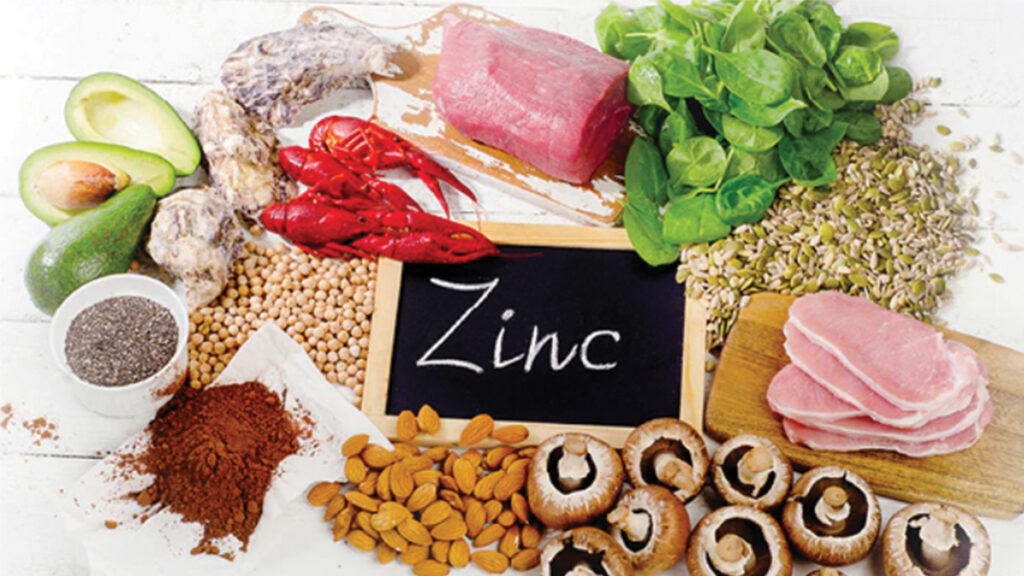LUDO MAPHORISA
Having a healthy and balanced diet is not always easy, but has become very crucial to the human body to enhance the ability to fend off and/ or recover from infections during the Covid19 pandemic.
With all the changes brought about by the Covid19 pandemic, affecting human health status leading to unhappiness and sadness, many people often resort to unhealthy eating habits. Although no food or dietary supplements can prevent or cure Covid19 infections, experts say good nutrition greatly supports the immune system and reduces chances of developing other health problems especially amongst the elderly, and people with underlying medical conditions. Clinical dietician Moseja Dibotelo, explains that certain symptoms of the highly infectious Covid19 such as loss of taste and smell can affect appetite and ability to eat thus making it difficult to meet your daily nutritional needs to keep you healthy.
“When our body is fighting an infection it requires more energy and fluids, hence the need to eat and drink more than when we are well. Our body also needs more proteins (building blocks) in order to support the immune system and to help repair the body tissues during recovery. The body also needs minerals and vitamins to help the process and help the body to resist infections. This is why a healthy diet, adequate hydration coupled with regular physical activity are important during COVID-19,” explained Dibotelo.
Dibotelo highlighted the importance of nutrition when recovering from Covid19, saying it plays a vital role because having an infectious disease leads to increased nutrient requirements to sustain the body and fight infections. In addition, some of the Covid19 symptoms may reduce dietary intake thus putting a patient at the risk of malnutrition and increased disease severity. “The aim is to prevent weight loss and muscle wasting. When food is tasteless/bland, citrus fruits, having foods with strong flavors, and incorporating onion, garlic, herbs, chili and sauces, can help stimulate taste buds. Sensitive smell or taste which may lead to nausea and vomiting can be alleviated by eating bland foods such as eggs, cheese, sorghum (mosokwane) , bread, rice to mention a few. In addition to serving food when it is cold or at room temperature to reduce strong taste and smell.
“When short of breath, eat small meals which are nutrient dense meaning a high protein, high energy diet. As well as eat soft, moist foods which are easier to chew and swallow. When food has metallic taste, use plastic cutlery, choose foods that are sour/acidic as they may help reduce the metallic taste. Examples of these foods being ting, madila, lemons, oranges, vinegar and pickled foods. Also sprinkling a little more sugar and salt on food may dampen the metallic taste,” explained Dibotelo, drawing attention to dietary requirements of four major symptoms when recovering from Covid19.
Dibotelo said vitamins and minerals are important to protect the body and fend off Covid19. They include Vitamin C to fight infections which can be sourced from lemons, oranges, strawberries, tomatoes, morula, etc ; Vitamin D to protect against respiratory infections, whose sources include fish (salmon, sardines), lean meat, liver, egg yolk, fortified foods (cereals, margarine) and sunlight; Vitamin A to stimulate a healthy immune system obtained from fish, liver, fortified cereal, carrots, broccoli, squash, etc; Zinc to aid development and healthy function of the immune system. Sources — baked beans, nuts, lean meats, etc; Selenium to boost immune system and guard against some flu strains. Sources — nuts and seeds, eggs, poultry, fish, etc.
Regularly eating healthy is made easier by sometimes keeping the basis of your main meals traditional and preparing unprocessed starchy foods such as ntlatlawane, mosutlhwane, lebelebele, etc. In addition it is important to incorporate; plenty of fruits, vegetables, meats, fish, dairy, eggs, and pulses (dry beans, lentils, peas, nuts) to your day to day diet. Not forgetting to eat fatty foods, sugary foods and drinks sparingly, use salt in moderation and avoid or take alcohol in moderation. Drinking plenty of clean water (8-10 cups per day) and regular physical activity, at least 150 minutes per week also significantly contributes to staying healthy during the Covid19 pandemic. “Including convenience foods which are packed with nutrients and have a long shelf life, stocking up on canned, dried or frozen foods aid in minimizing frequent shopping that exposes us to COVID-19,” said Dibotelo.
Taking into consideration that Covid19 has caused a spike in food prices and put a strain on budgets, Dibotelo suggested and encouraged fruits and vegetables for sources of vitamins and minerals deeming them more affordable when compared to meat. He also pointed out that we are a meat-loving nation and suggested that beans, lentils and ground nuts are adequate sources of protein and more budget friendly to lower saturated fat intake from eating lots of meat. Concluding by encouraging the nation to remember and adhere to maintaining social distancing, sanitizing and wearing a mask when shopping for essential food items.
Some people who shared their post COVID-19 experiences reported that eating foods like ginger, garlic, onion and sour candy helped them recover their sense of taste. A few people mentioned practicing aromatherapy, which according to Johns Hopkins Medicine is “the practice of using essential oils for therapeutic benefit.” When inhaled, the scent molecules in essential oils travel from the olfactory nerves directly to the brain and especially impact the amygdala, the emotional center of the brain, as stated by the Johns Hopkins Medicine organization. Lemongrass, lavender, tea tree oils and eucalyptus oil when steaming were revealed to be of help in regaining sense of smell. Many people shared how vitamin c and zinc helped their recovery by boosting their immune systems and post COVID vitamin B aided with fatigue symptoms. A number of people strongly advised that getting a post COVID medical assessment and treatment literally saved their lives, where their lungs were badly affected by COVID-19 pneumonia and some with dangerously low white blood cell levels.
